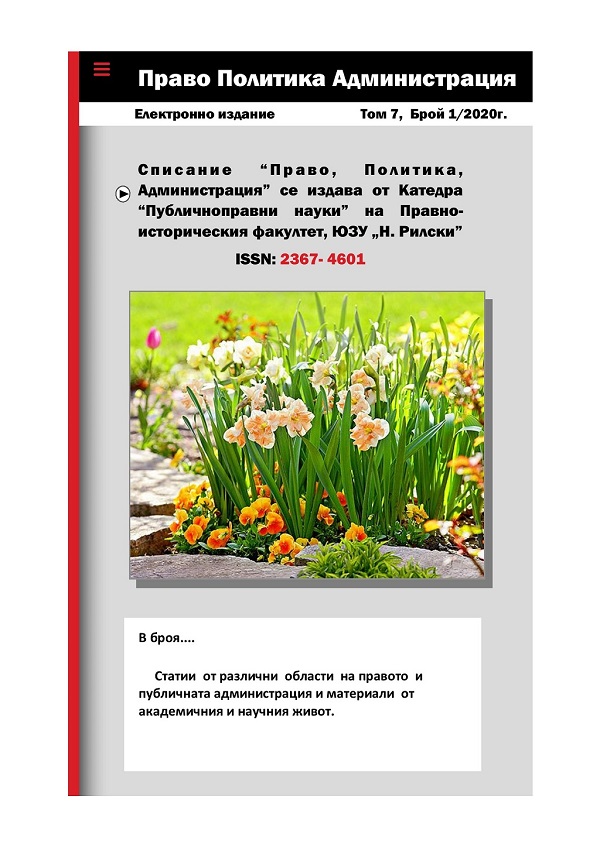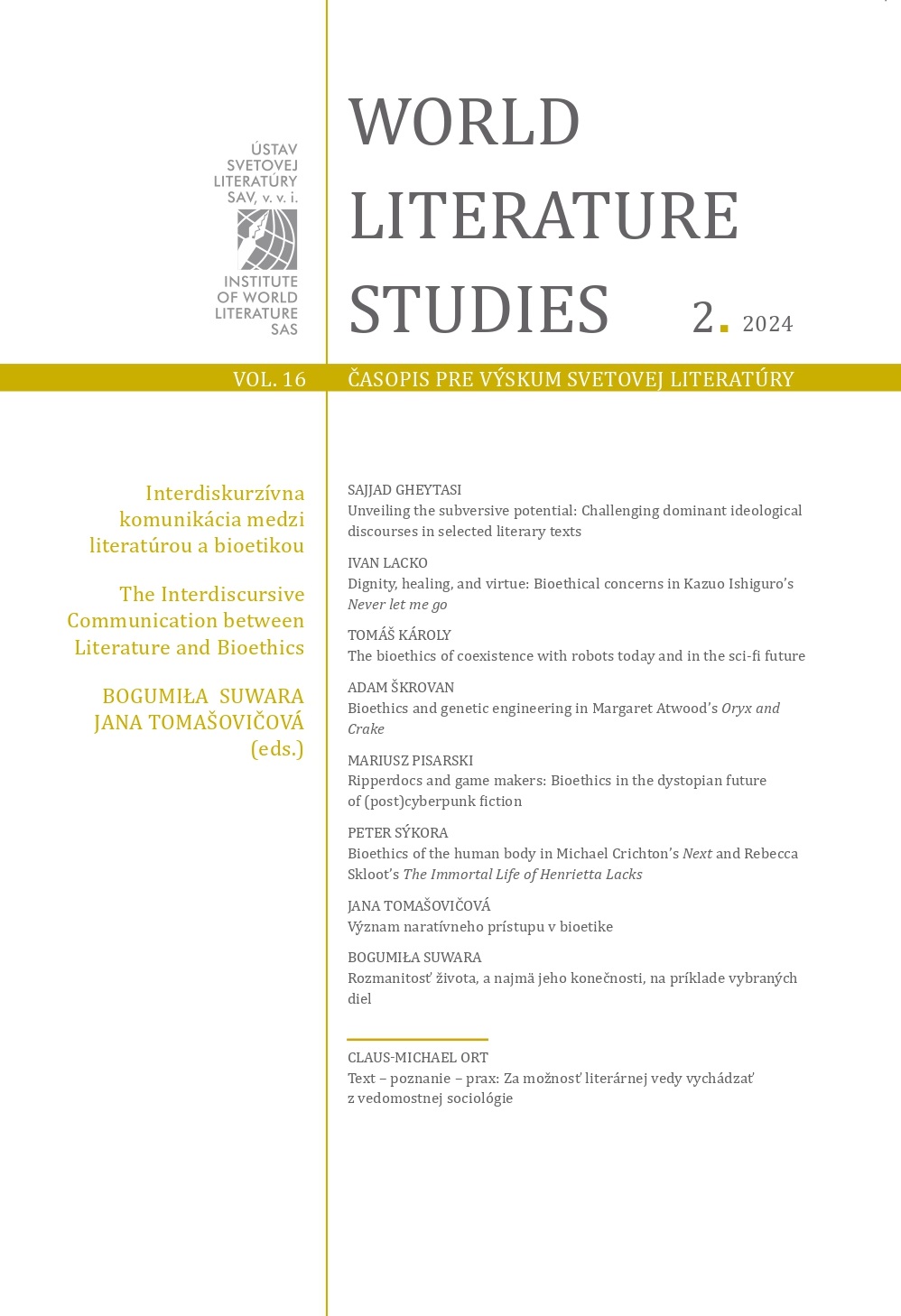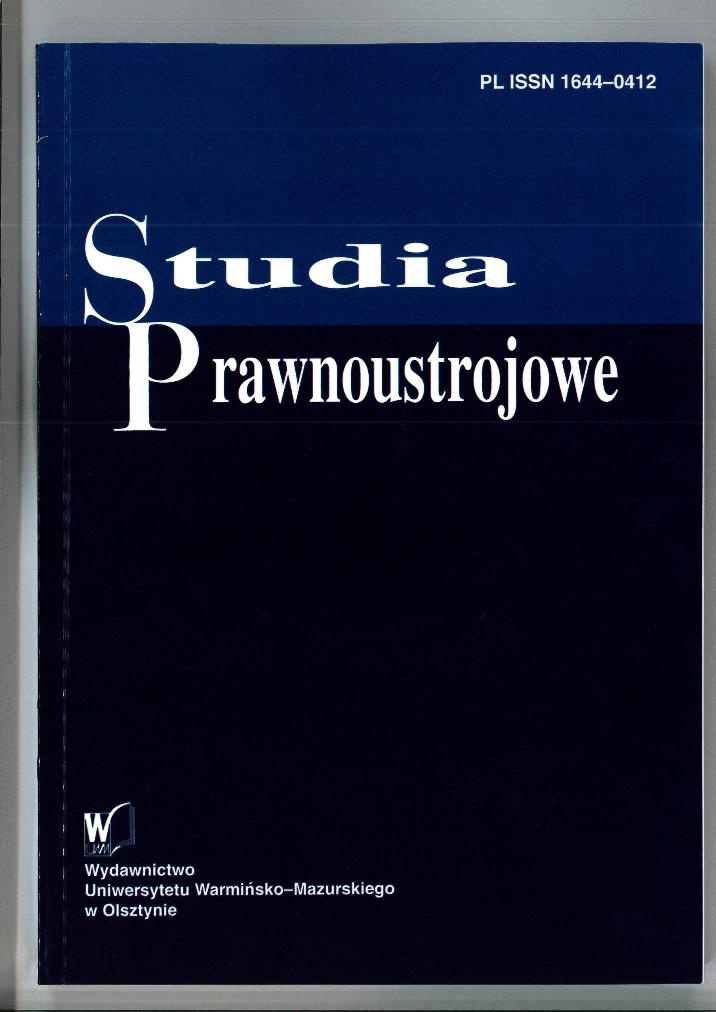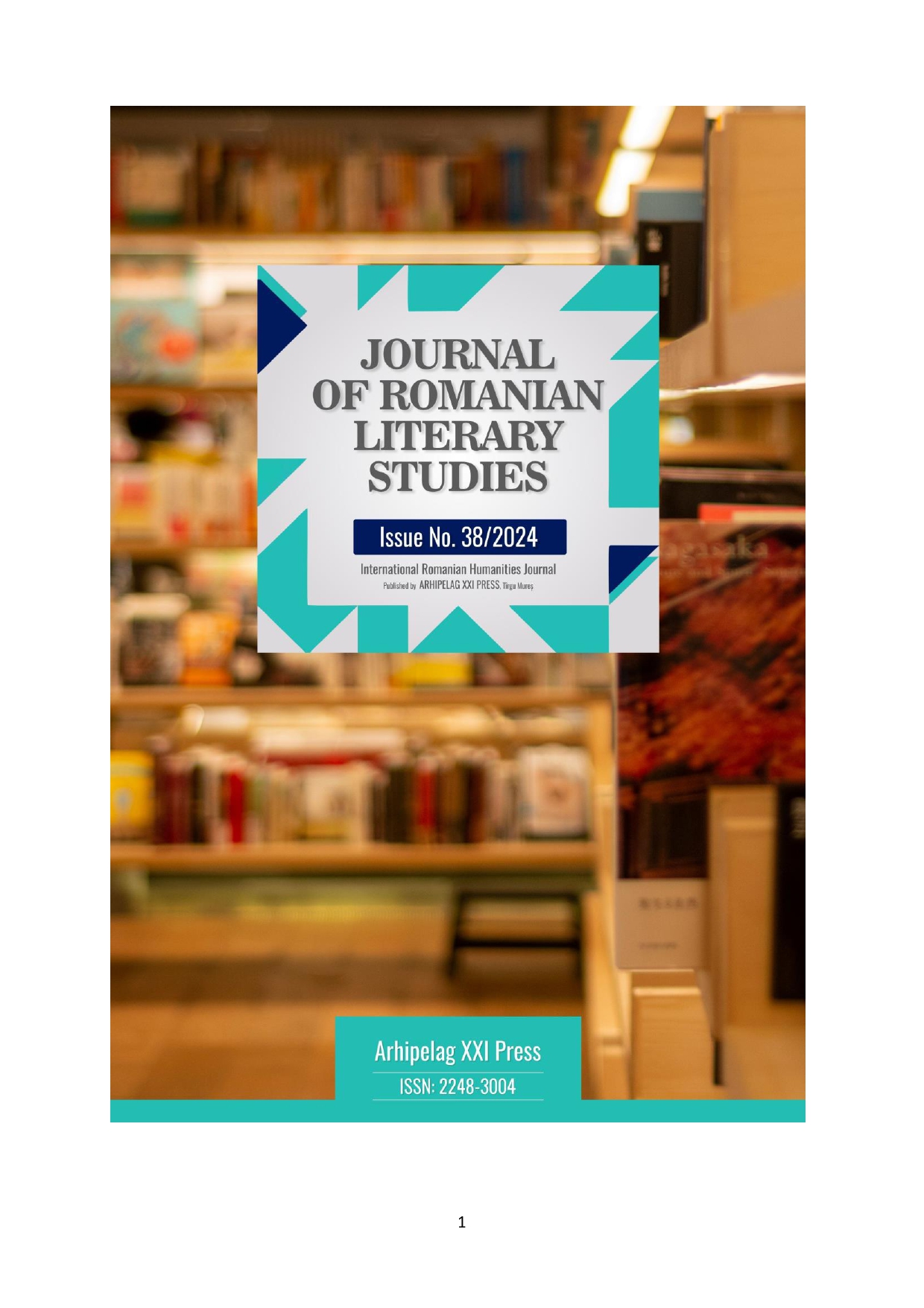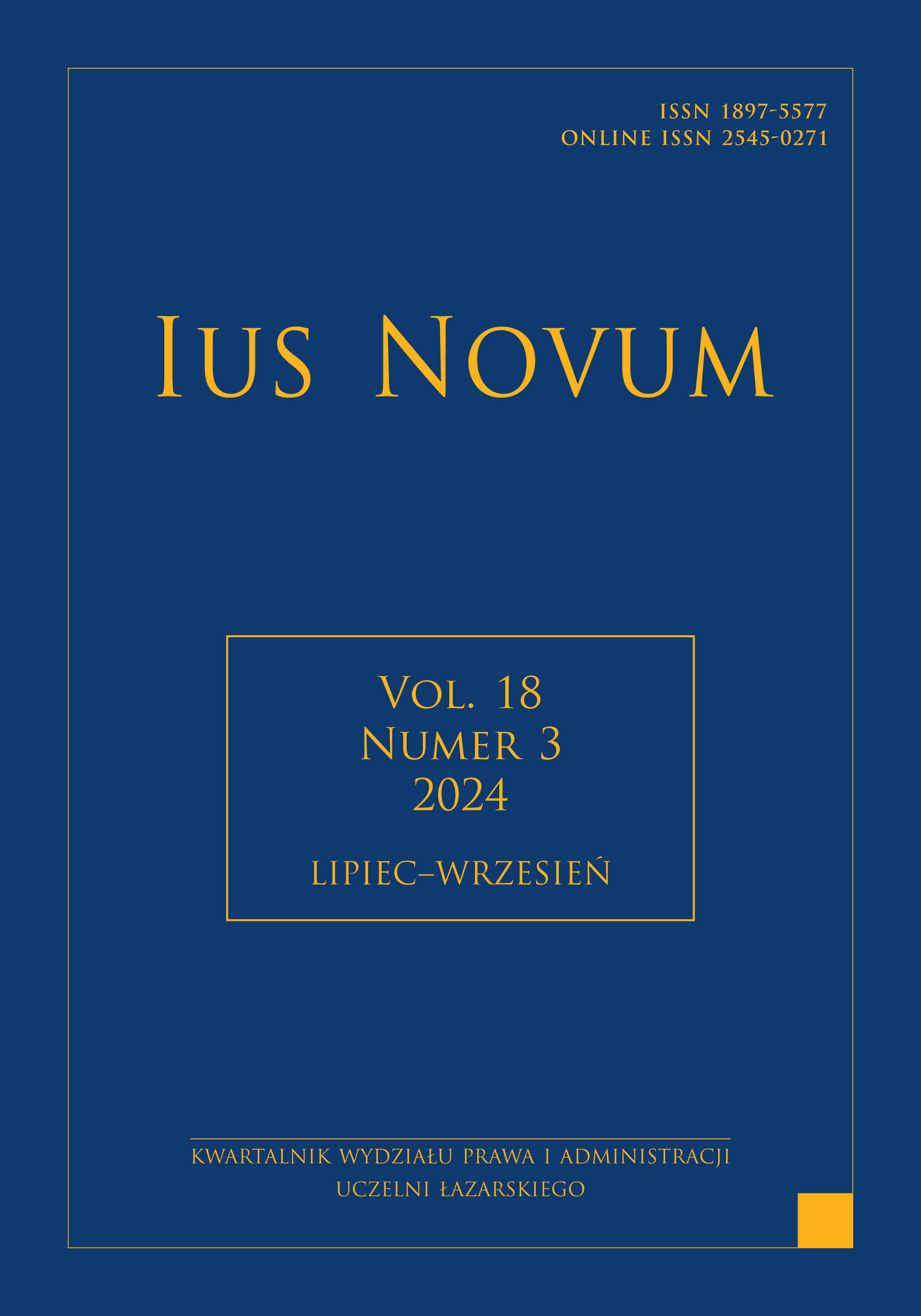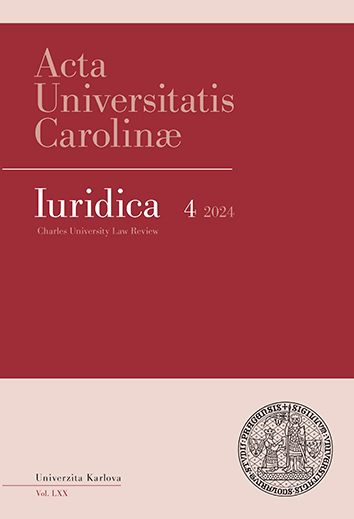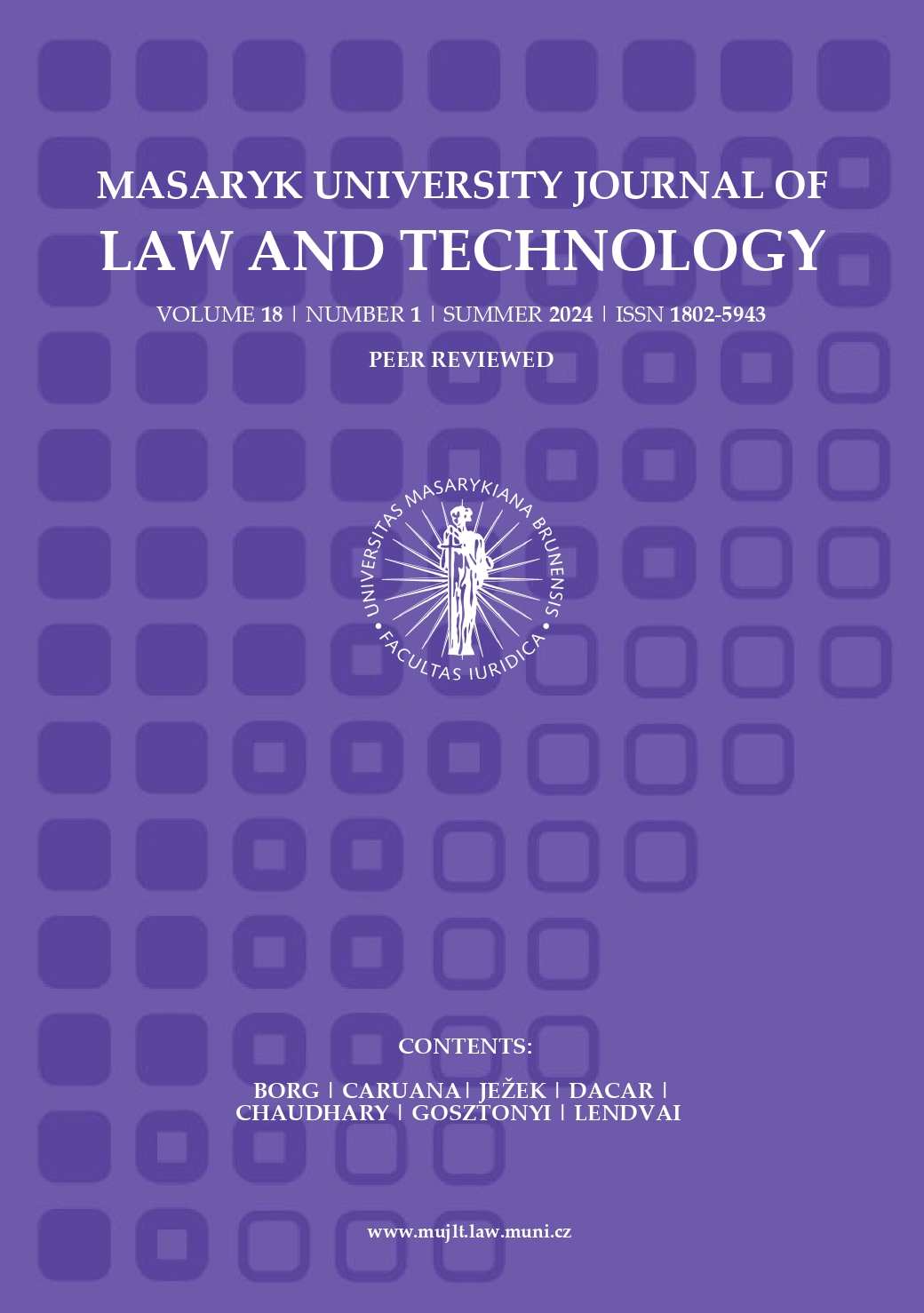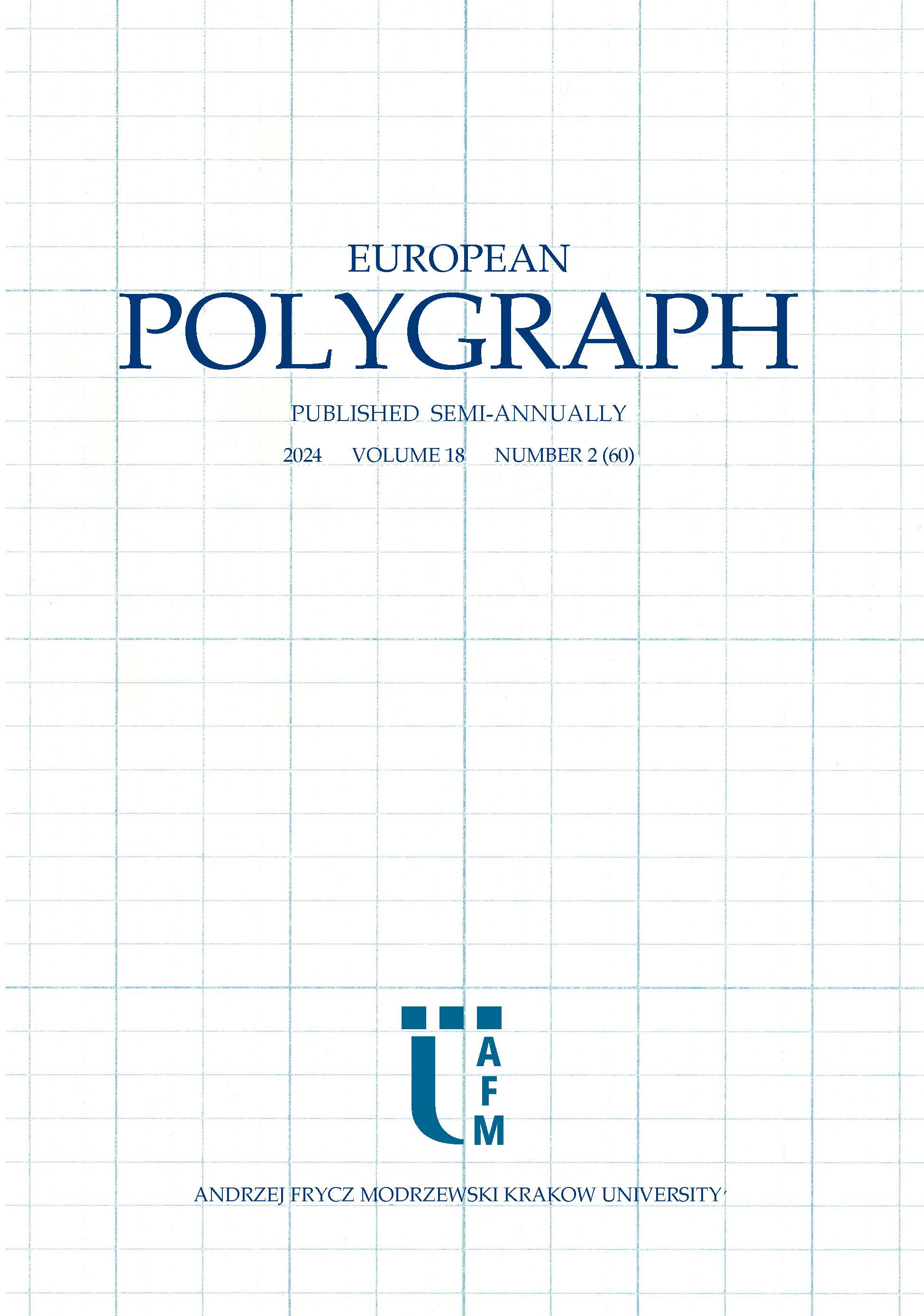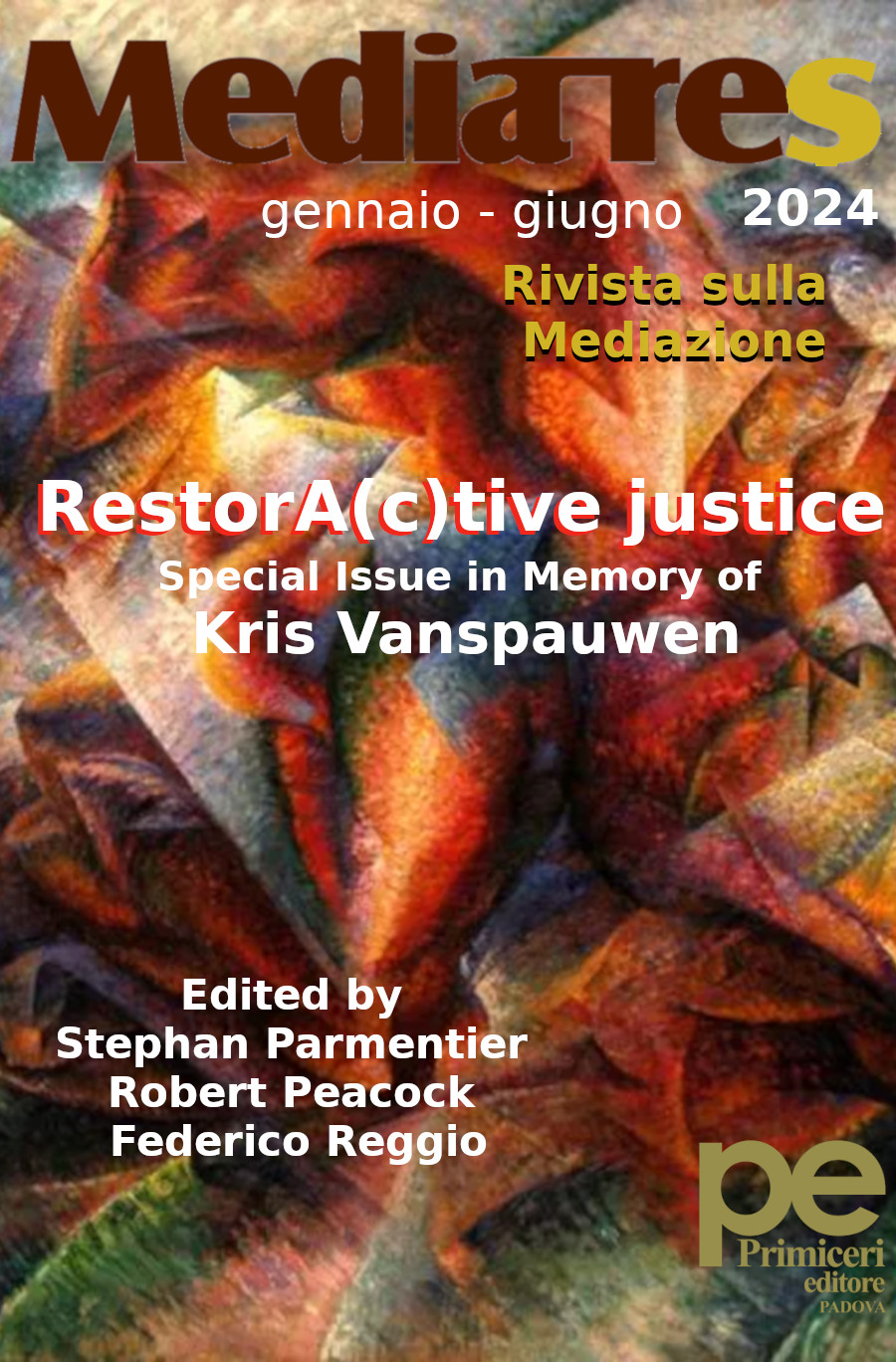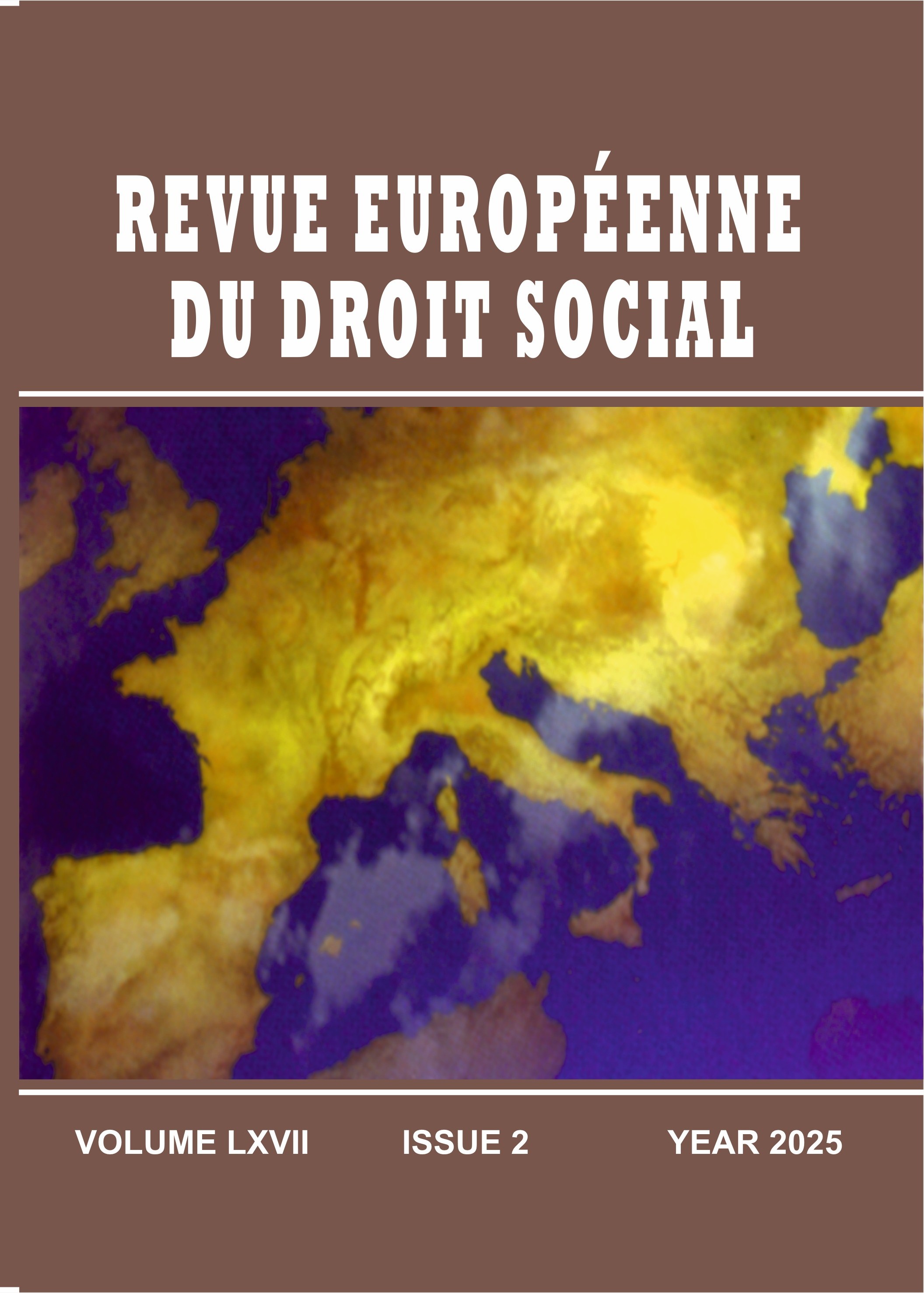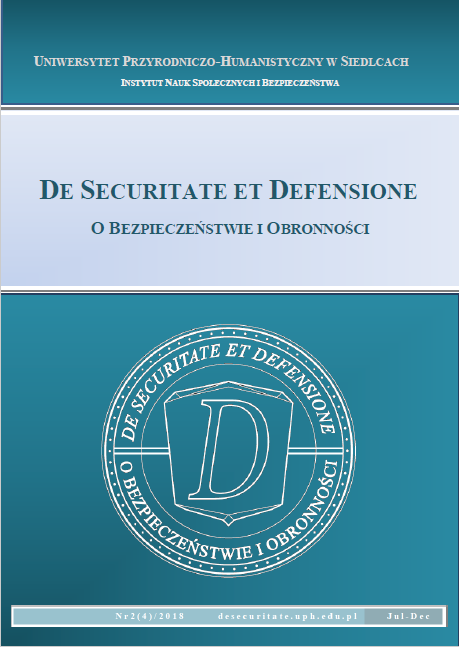
«УМНЫЕ МАШИНЫ» – ВЫЗОВ ДЛЯ ЭТИКИ И ЮРИСПРУДЕНЦИИ
The article deals with the legal aspects of the use of artificial intelligence technology. The authors emphasise a low level of normative regulations which concern the use of artificial intelligence in Russia, taking into account the active and widespread application of this technology in various spheres of life. Developments in the field of artificial intelligence raise very seriousethical and legal issues. Among legal issues, such as the nature of artificial intelligence, the existence of a legal personality, the problem of liability for damage caused by artificial intelligence, the impact on the legal profession, etc., need to be considered. Particular attention is paid to the need to develop a legal concept of artificial intelligence in order to build an effective model of legal regulation. The article analyzes the attempts to define artificial intelligence in specialist and legal literature. The use of such concepts as neural networks, machine learning, super intelligence, supercomputers is underlined. Single attempts to develop legal definitions in South Korea and the European Union are also mentioned. Following the results of the research, the authors proposed the following features of artificial intelligence: the existence of a technical device or cyberphysical system; ability to receive, process and transfer information; ability to work autonomously; self-learning based on the analysis of information and experience; self-awareness; thinking and the ability to make independent decisions.
More...
